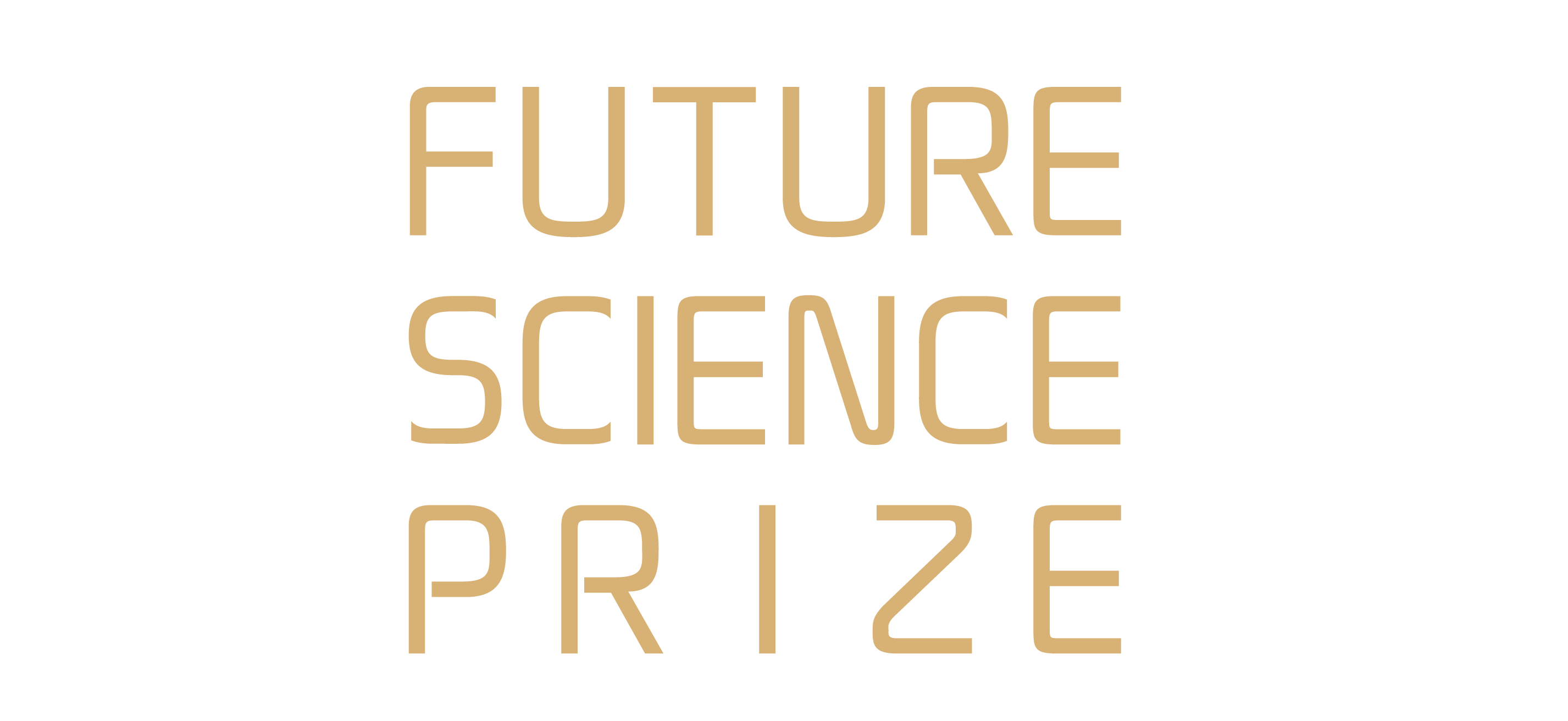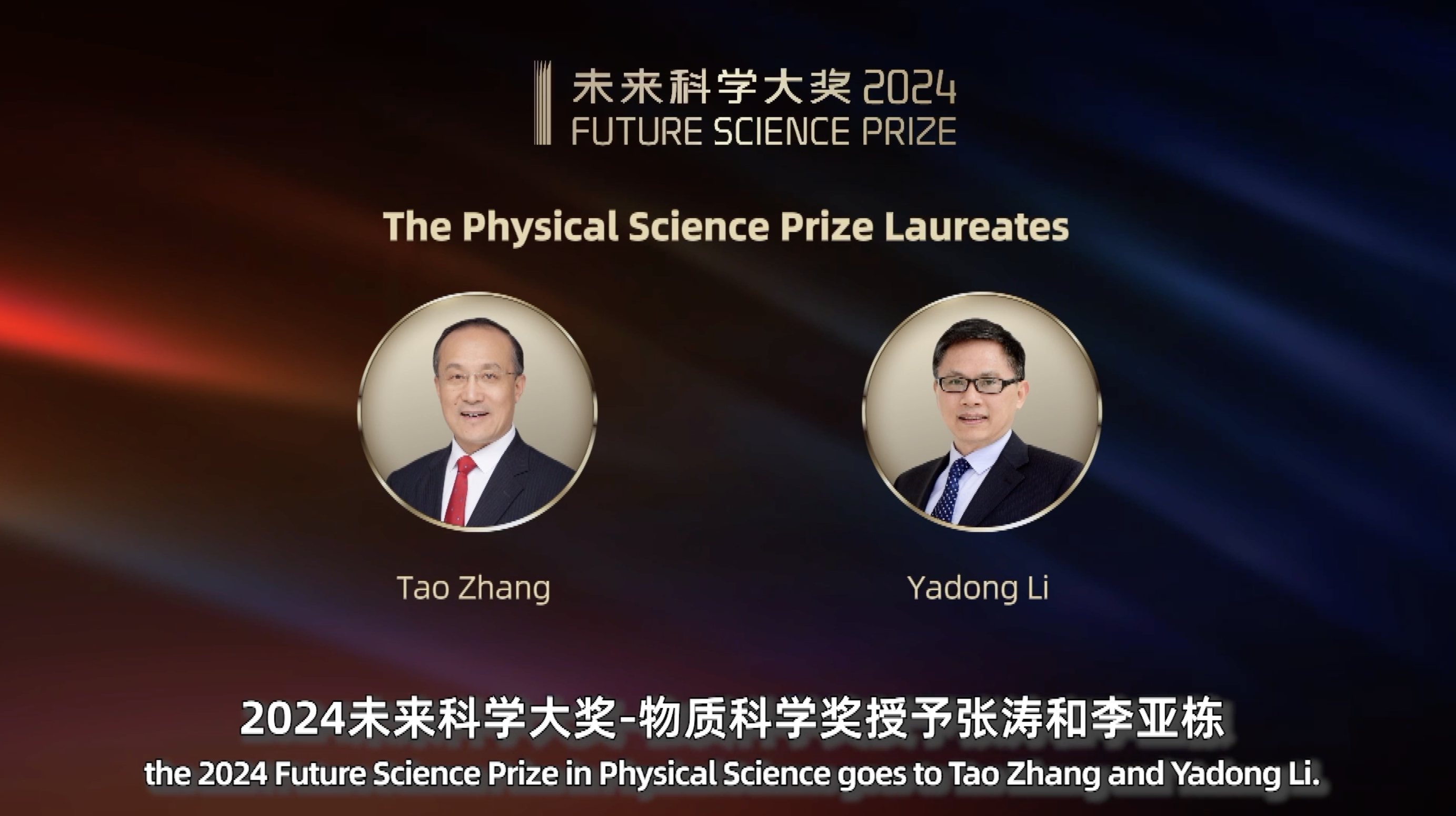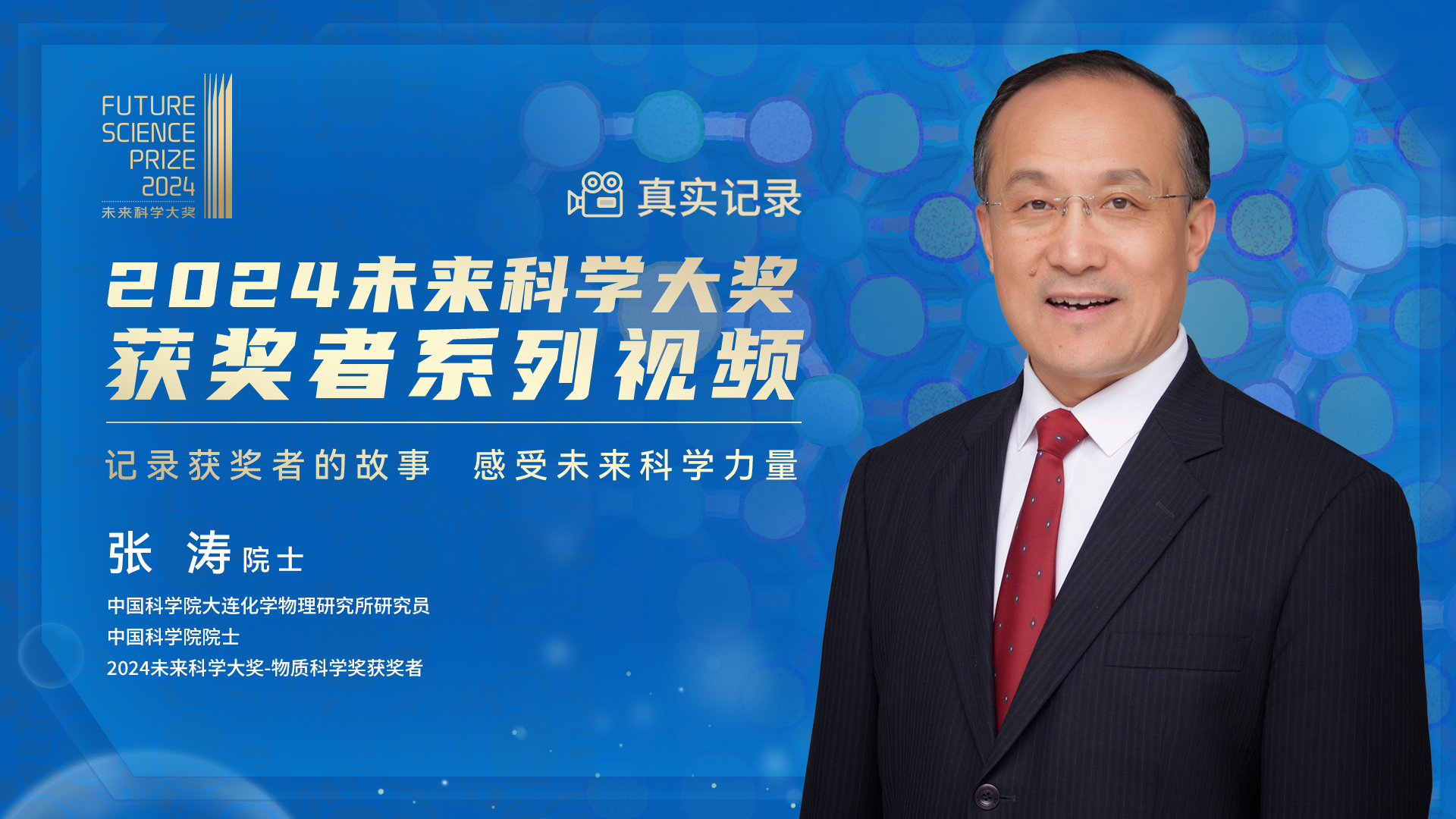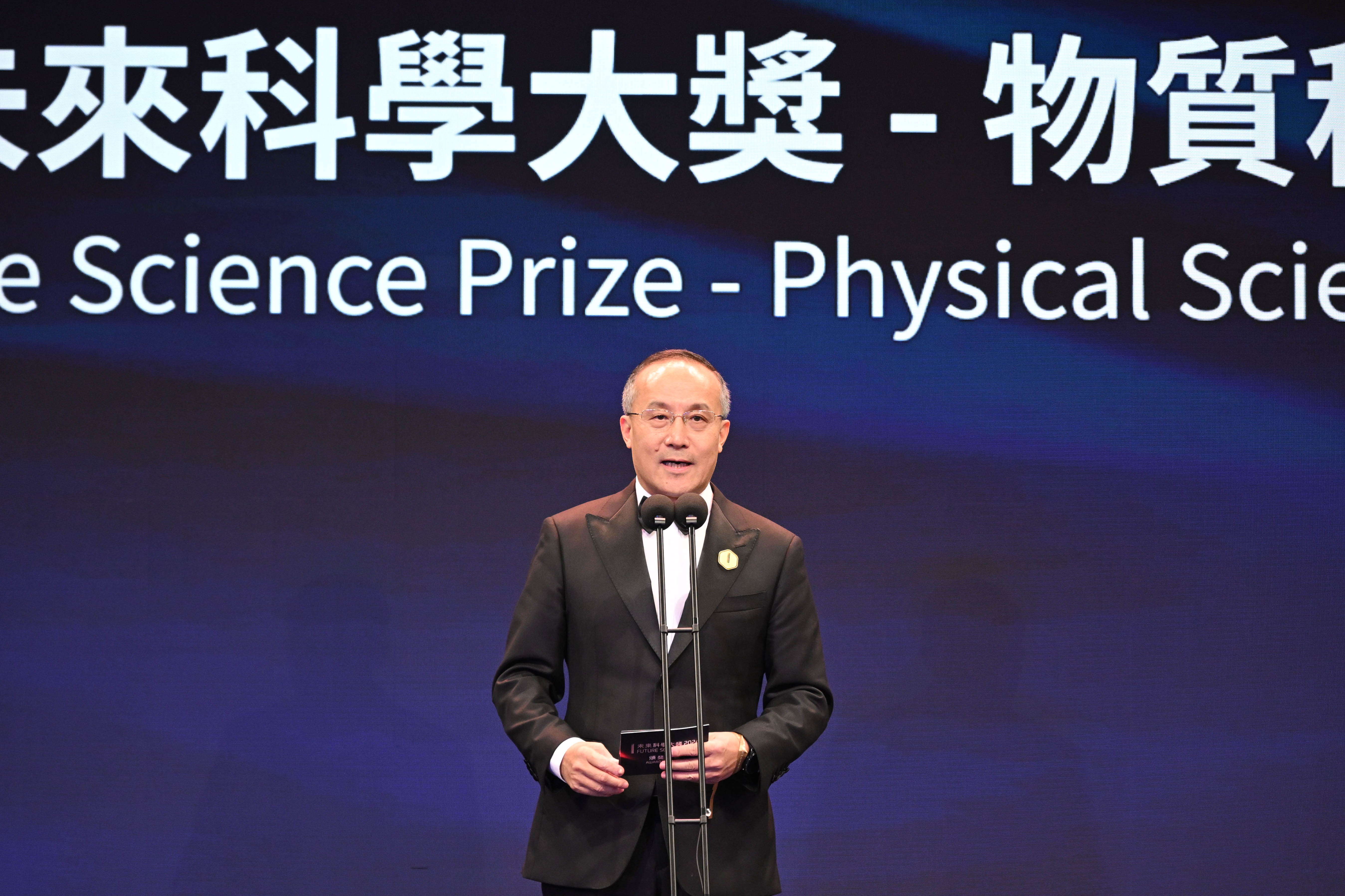
For their seminal contributions to the development and application of Single-Atom Catalysis.
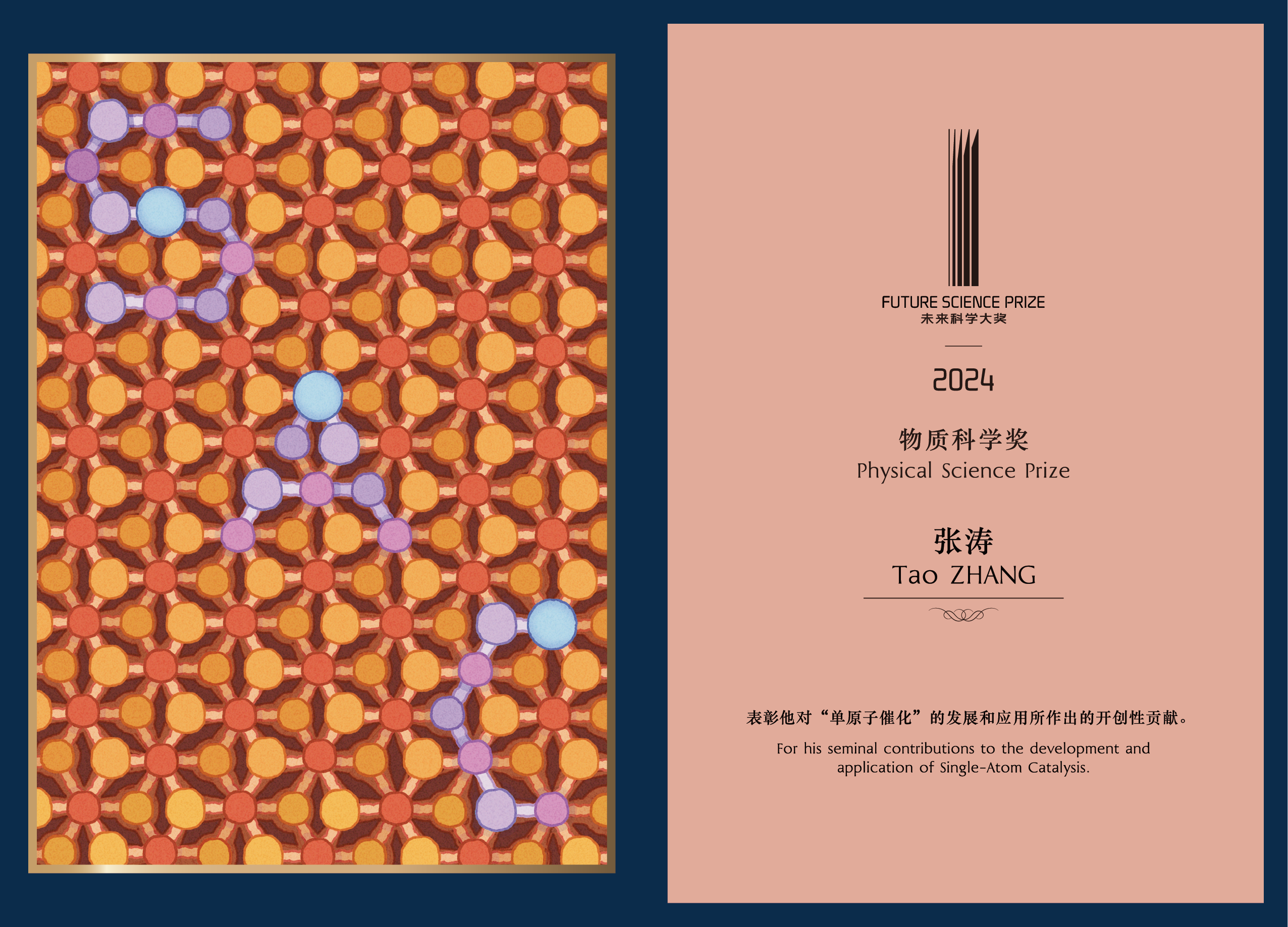
2024 The Physical Science Prize Laureate


Catalysis plays a pivotal role in the chemical industry, which is foundational to modern society. Developing efficient catalysts that exhibit desirable activity and are readily accessible remains a crucial endeavor in chemical science and engineering. Metal-based solid catalysts are extensively used across industrial processes, typically in the form of nanoparticles. Motivated by maximizing the utilization efficiency of metal atoms while achieving solid catalysts with well-defined active sites and uniform catalytic modes, researchers have intermittently explored the concept of dispersing metals as individual atoms for catalysis since the 1960s. However, primarily due to the absence of a general, versatile, and robust preparation method and rigorous characterization techniques, this research into solid catalysts comprising individual metal atoms did not yield significant breakthroughs for decades.
In 2011, Tao Zhang, Jun Li and Jingyue Liu reported the synthesis, characterization, and catalytic properties of a single-atom Pt catalyst embedded in an FeOx substrate. This breakthrough established practical methods for the effective synthesis and rigorous characterizations of a solid catalyst with isolated single Pt atoms as the active centers and demonstrated that such catalysts exhibit superior activity and selectivity for CO oxidation. Zhang and his team coined the term “Single-Atom Catalysis (SAC)” and subsequently extended SAC to a variety of metals, supports, and reactions. Zhang's groundbreaking work has since marked a crucial milestone, catalyzing a surge in research efforts aimed at developing SAC for a diverse array of chemical reactions.
Yadong Li and co-workers systematically advanced the deterministic and controlled synthesis of single-atom catalysts with structurally-defined morphology and coordination environment of the metal center. These methods enable the large-scale production of single-atom catalysts with high metal loading and uniform structural features, moving Single-Atom Catalysis one step closer to industrial production. The methods by Li are widely adapted all over the world for the development of single-atom catalysts with desirable activity and selectivity, significantly broadening the scope and bolstering the impact of SAC in chemical transformation, energy conversion, environmental protection, and materials discovery.
Zhang and Li's seminal contributions to SAC have paved the way for understanding the nature of active sites in supported metal catalysts and controlling the structure of solid catalysts with atomic precision. Their pioneering work has brought SAC to the forefront of heterogeneous catalysis and technology. Furthermore, their innovations have enabled environment-friendly and energy-efficient production of commodity chemicals, such as chloroethylene, acetic acid, and propanol. These advancements highlight how SAC contributes to fostering a sustainable society.
[1] Nat. Chem. 2011, 3, 634-641.
[2] Nat. Rev. Chem., 2018, 2, 65-81.
[3] Angew. Chem. Int. Ed. 2016, 55, 10800 –10805.
[4] Chem. Rev. 2020, 120, 11900–11955.
Tao Zhang, born in 1963 in Shaanxi, China and earned his Ph.D. in 1989 from the Dalian Institute of Chemical Physics (DICP), Chinese Academy of Sciences. He held a prominent position as a professor in DICP.
Yadong Li, born in 1964 in Anhui, China and earned his Ph.D. in 1998 from the University of Science and Technology of China. He is currently a professor at Tsinghua University.
